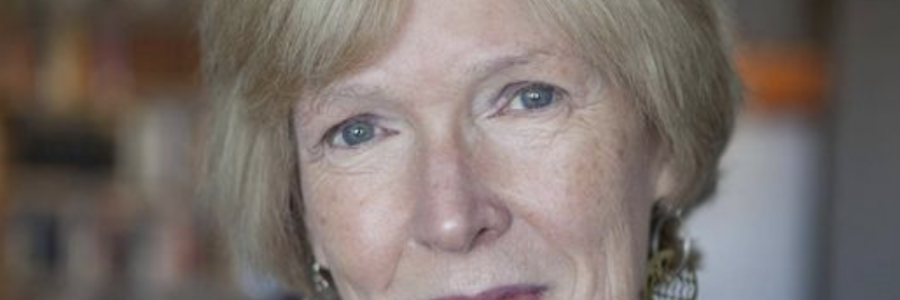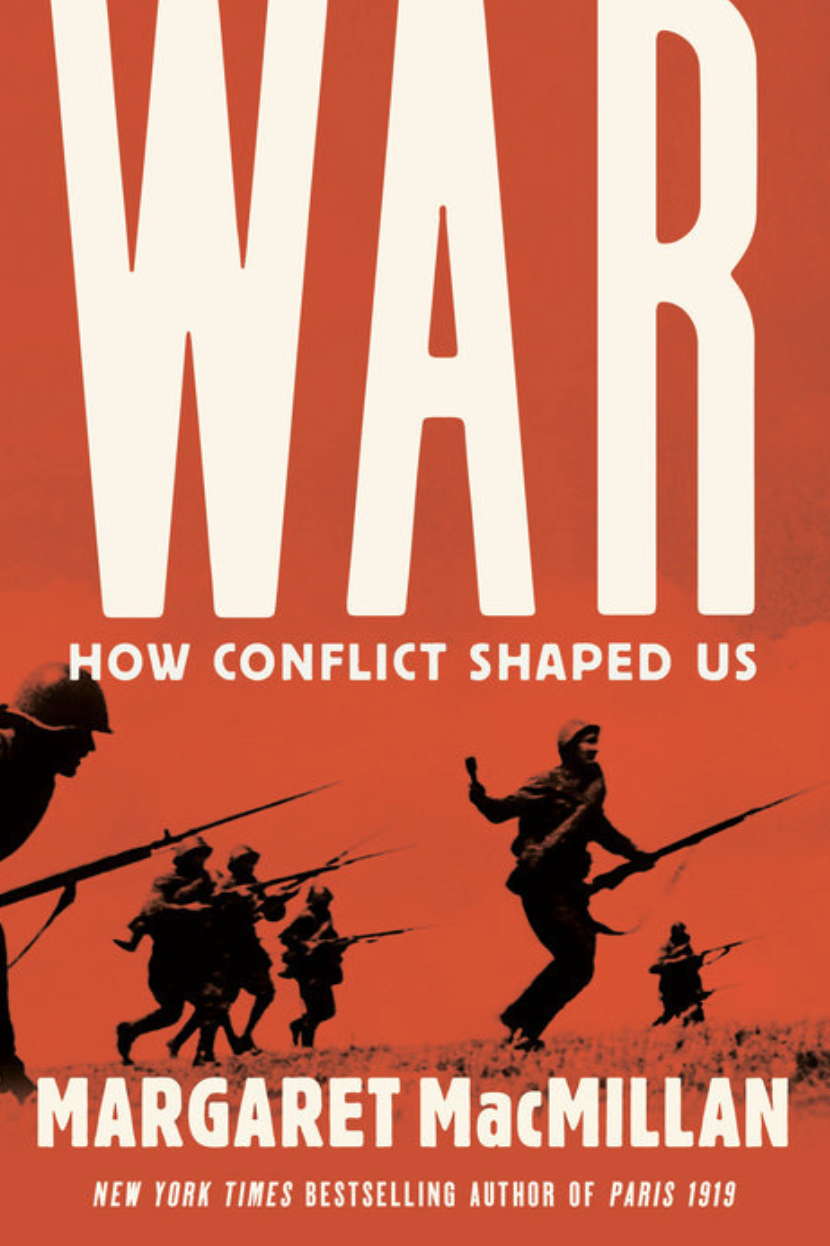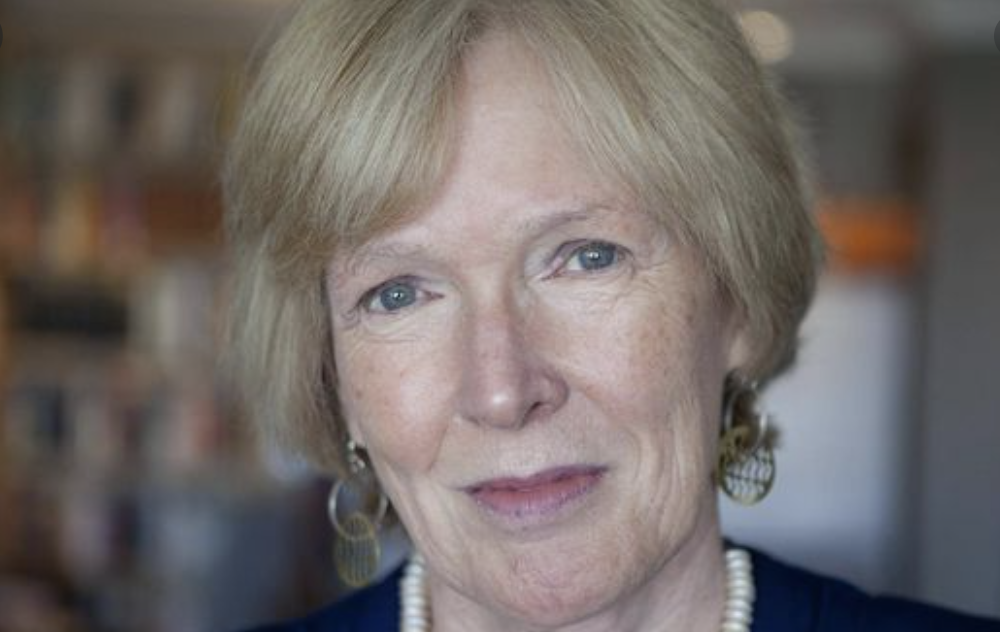
Persisting taste for Organised violence


Human nature has the instinct to fight but War – organised violence – with organised society shaped humanity’s history, social and political institutions, its values and ideas.
MacMillan’s War: How Conflict Shaped Us explores the glory and misery of war which brings out both the vilest and the noblest aspects of humanity and reveals the many faces of war – the way it has determined our past, our future, our views of the world and our very conception of ourselves.
War is not a historical aberration best forgotten but a clear and ever-present danger for humanity.
MacMillan explains violence has always been central to the human condition, triggered by greed, ambitions, emotions and ideas. The scale and intensity of conflict have escalated as humanity has become technologically more sophisticated.
As warriors sought advantage over their enemies, every invention has been turned into military use.
The mounted Mongol hordes swept all before them thanks to their use of stirrup, their silk undershirts enabled arrowhead to be removed from their flesh more easily, with less risk of infection. For other generations longbows, gunpowder, machine guns, nuclear bombs all provided decisive technological edge.
At the siege of Masada in AD73 the Romans won after keeping 15, 000 soldiers in a waterless desert for weeks. The Manhattan Project to develop the atomic bomb involved tens and thousands of people and costs $20bn, more than all the money US spent on small arms during the Second World War.
Historian Charles Tilly, said: “ War made the state, and the State made the War”. Britain’s imperial supremacy was built on the foundations of the Industrial Revolution and the City of London. The Royal Navy was by far Britain’s biggest industry in the 18th century.
Nelson’s flagship victory costs more than £60, 000, 12 times the cost of a cotton mill.
In the second world war 286, 000 tanks, 557, 000 combat aircrafts, 11, 000 major Naval vessels, and 40 million rifles were manufactured. The industriallation of warfare resulted in the death of 50m civilians.
MacMillan writes “ One of the great tragedies of modern war was that the very strength of societies in organisation, industry, science or resources could turn them into killing machines”.
War: How Conflict Shaped Us by Margaret MacMillan, Profile £20, 320 pages.
